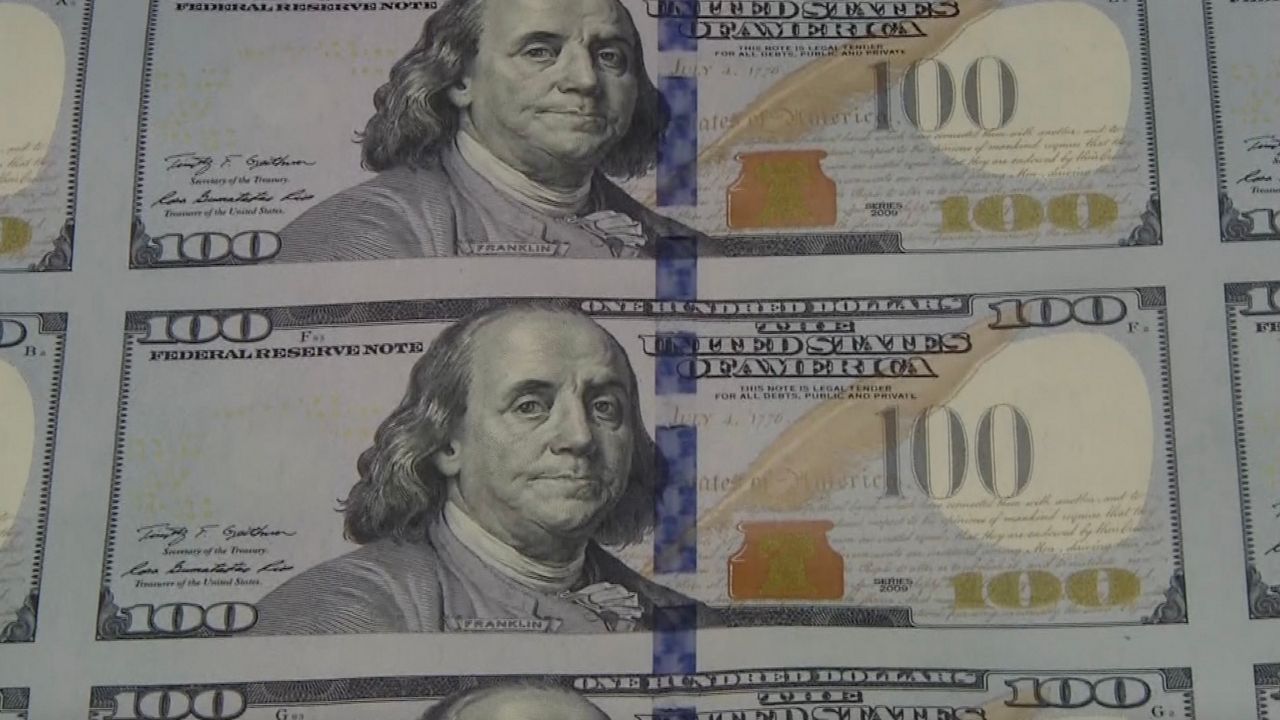As summer turned to fall in 2011, Andrew Cuomo, then in his freshman year as governor of New York, was facing a growing political problem.
The Occupy Wall Street movement had set up encampments around the country, including a demonstration in Zuccotti Park in New York City and a smaller one across the street from the state Capitol in Albany.
The movement was pushing for an end to income inequality and increasing taxes on the wealthy to further that goal. The protesters zeroed in on expiring tax rates for upper income earners in New York, set to lapse at the end of the year.
Cuomo, fresh off the national social victory that was the legalization of same-sex marriage in New York, was being boxed in by a progressive chorus and Republicans in the state Senate who opposed tax hikes.
In the end Cuomo engineered something wholly different to defuse the tax controversy: An overhauling of tax rates that partially kept the expiring tax rates in place. Middle-income earners got a tax cut, upper income earners got a smaller tax cut than they were in line to receive had he allowed the rates to simply expire.
Republicans in the state Senate could claim they cut taxes; Democrats in the state Assembly said they were able to retain the so-called "millionaires tax." The "revenue action" in Albany's parlance helped to fill a budget gap, dashing claims that taxes overall were truly cut.
But the issue surrounding tax increases never truly left the stage and the long-running debate has become part of the long standing grievances between Cuomo and progressive advocates in the state.
Tax-the-rich advocates have claimed Cuomo is kowtowing to his wealthy donors; Cuomo has said he's trying to avoid further balancing a budget on the backs of a handful of people who could leave the state.
Indeed, calling for tax increases on the wealthy is a perennial one in New York, even in flush times.
These are not flush times, however, as the state faces multi-year budget gaps of billions of dollars as the pandemic cratered the economy. And now arguments for and against increasing taxes are back.
Those against doing so argue wealthier New Yorkers, more so than ever, can pack up and move. The state relies on a handful of very rich people to fill its coffers through the personal income tax, and losing those filers would be devastating.
In other words, Texas will always have oil in the ground, New York's resource of wealthy people is not as naturally occurring.
"There was growing evidence that people were changing their behavior to avoid New York's higher taxes long before the pandemic," said EJ McMahon, a senior fellow at the Empire Center.
"Given the widespread dispersion and dislocation of businesses and taxpayers since March, with delayed income tax payments in July down $1 billion from the latest already reduced projection, there's never been a worse time to further increase our heavy dependency on high earners."
On the pro side: The coming budget cuts will be devastating to those who rely on state funding, especially during a pandemic. The crisis has further exposed and in some cases heightened the gap between the rich and poor.
"The sweeping cuts threatened by Governor Cuomo would devastate the very people hit hardest by the pandemic and its economic fallout. The state must get the economic engine of New York running while awaiting essential federal funding," said Ron Deutsch, the executive director of the Fiscal Policy Institute.
"That means supporting, rather than slashing, the public services relied on by New Yorkers. Firing teachers, first responders, and cutting programs essential to our most vulnerable community members only makes it harder for people and communities to get back on solid financial footing. The state must act to lessen the expected impact of devastating cuts by doing do what it has historically done during times of crisis – asking those with the most means to pay more. Just taxation requires us all to contribute to the programs and services that make our state great. Our wealthiest residents are getting richer during this pandemic, and it is unconscionable to ask struggling New Yorkers to shoulder the pandemic’s burden while asking nothing of those with the most means."
Cuomo has signaled he's sympathetic to the argument that wealthy people could move out of the state if taxes are increased. He wants a federal increase on taxes, an unlikely development given Republican control of the U.S. Senate, to spread the impact evenly across all 50 states.
And, more immeidately, he wants the federal government to provide billions of dollars in unrestricted aid to states to make up for the lost tax revenue.
Congress providing the aid is a lifeline, both literally and politically. It would put to rest, in theory, nettlesome questions about politically tough spending cuts or tax increases.
Unlike the tax hike question in 2011, Cuomo can't triangulate the state Legislature as both chambers are firmly controlled by his own party. Both leaders -- Assembly Speaker Carl Heastie and Senate Majority Leader Andrea Stewart-Cousins -- are supportive of further taxing the rich to fill budget gap.
The governor typically has the lion's share of leverage in budget discussions and the tax question will be no different this time around. And Cuomo has pivoted in the past on taxes and it's not impossible he does so again if the other options fail him.
In 2011, Cuomo as late as October was denying he would support increasing taxes on the rich. Two months later, a special session overhauled the tax rates, and everyone could claim victory.


